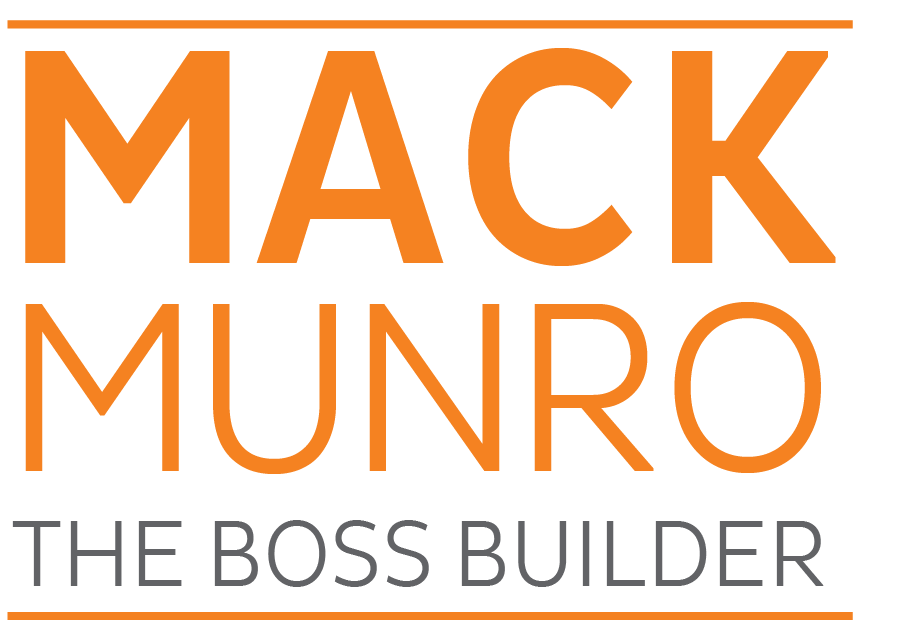
Are you really an SME?
I think all of us admire expertise. We’re dazzled when our accountant can take a folder of receipts and five days later present us with a neatly prepared tax return that just so happens to give us a return we never expected. We’re amazed when the auto mechanic calmly explains that our Check Engine light panic is unfounded as he resets it after tightening the gas cap on our car.
Experts solve our problems and make us feel secure. In our organizations, experts figure out strategies to help us become profitable and leaders in our markets. We even pay experts to come in to supplement our in-house experts. Experts know that they’re compensated by the value they bring, not in the hours they work.
But an expert that can’t teach others their expertise are really only half-experts.
In my business, I’m paid to be the expert. People call me when they need help building a supervisory development process, performance management strategy, or simply help them get up the courage to fire some poor performers. It’s rewarding and profitable. Yet at the end of each intervention, I’m amazed at how smart my clients really are. They just don’t know how to leverage and, more importantly, how to teach their expertise.
When I help clients develop training initiatives, I ask them to identify their internal Subject Matter Experts (SME) to assist me in the design. After all, I’m an expert in training and development design, but have no practical knowledge in IT, banking, hospitality, or manufacturing. I build the structure and the SMEs fill in the gaps. The client gets a stellar product and I get paid.
But I always ask myself why those same SMEs weren’t able to teach their own expertise. You see an expert that can’t reproduce expertise is really missing a core component of expertise. Sure it’s a job security guarantee, but wouldn’t an SME be more valuable if they could expand the organization’s knowledge? Would you rather have one goose that lays golden eggs or a golden goose that could rear up more geese that could lay golden eggs?
I can’t immediately fault SMEs. Teaching isn’t that easy. However, with some work, and by implementing the following five strategies, I believe ANYONE can be an effective teacher, and by default become the organization’s most valuable SME:
Strategy #1: Break your expertise into learnable steps. When you teach your kid to drive, you start by showing them the blind spot. Then you move on to starting the car, checking the mirrors, hitting the turn signal, and stepping on the gas. Simple steps done consistently with the REASON for the steps clearly communicated.
Strategy #2: Knowing how your student learns. In my experience, there are four types of learners: Activists (learn by doing), Reflectors (learn by listening), Theorists (learn by studying), and Pragmatists (learn through trial and error). You can’t teach everyone the same. If you ignore just one style when teaching a group, you lose the group.
Strategy #3: See one, do one, teach one. I borrowed this from my Navy days. That’s how you teach someone something when you don’t have a lot of time. Show someone how to do something, have them do it while you watch, then have them tell you how they did it. Fast. Just in time.
Strategy #4: Teach to the lowest level of expertise. Everyone will then get it. When I was a supervisor in the Navy, I always ran what I called the “Smith” test. Smith (not their real name) was the slowest learner in my clinic. If I could teach Smith how to do something and they got it, I knew everyone else would easily grasp it. You may think I’m cruel by doing the Smith test, but I could have just ignored Smith and focused on my quick learners.
Strategy #5: Get busy teaching! Fear of speaking and other podium anxieties fade with constant practice. You’ll never get stronger if you avoid the gym. You’ll never get smarter if you don’t read. You learn to teach by teaching more.
Expertise is your most valuable commodity. This week, focus on being a true SME. If you can’t teach it, you don’t really know it.


Mack,
This was a great article and one that we can all use to teach others in our organizations! We are currently participating in a group SME training with each person in our group taking on a topic they did not know and learn to become an SME in that topic with the aid of those in the company. Thanks.